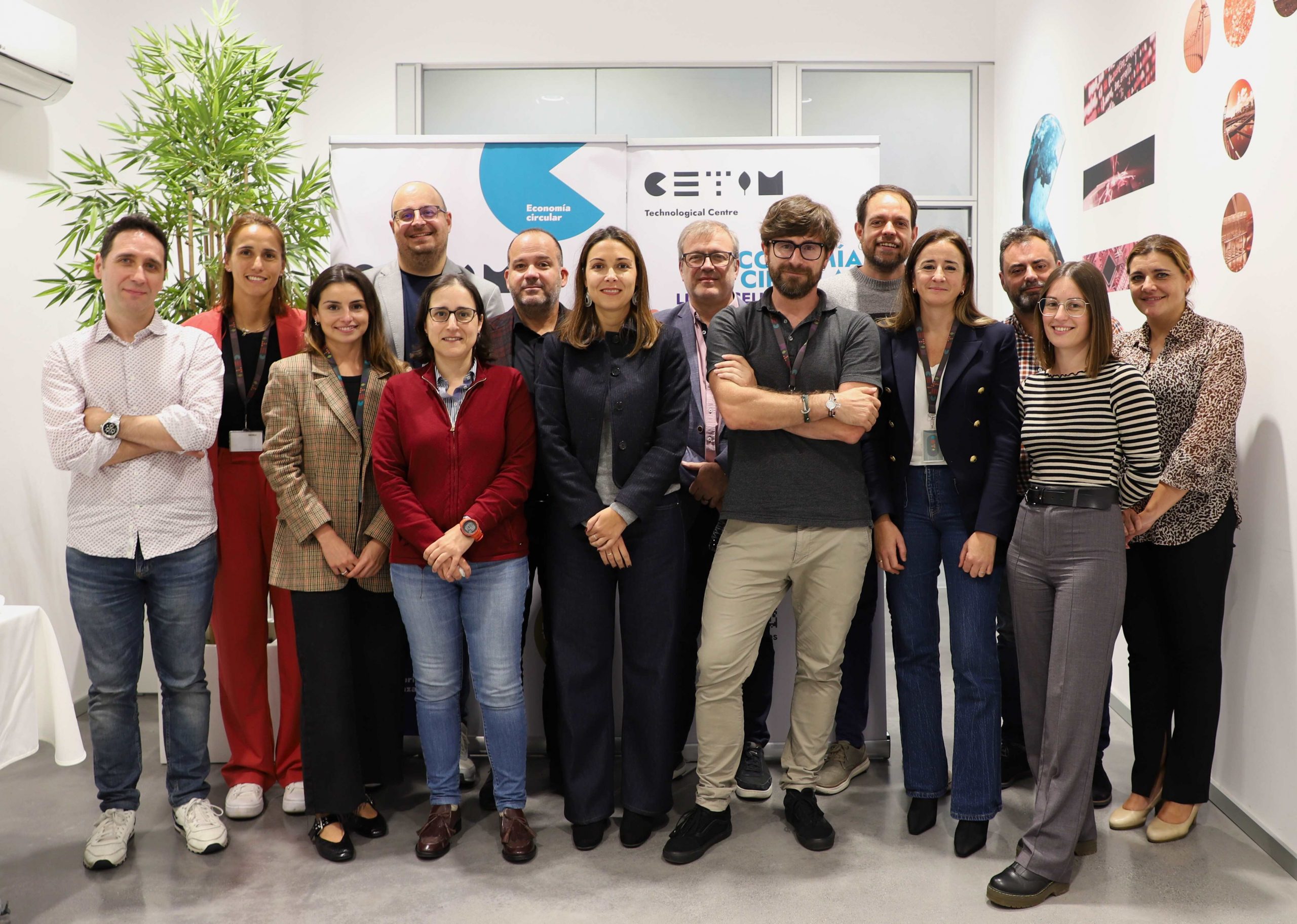
The UB participates in a project to develop new construction materials from urban waste
Concern about municipal waste management is increasing every year due to the enormous amount of waste generated worldwide. In the year 2022, 467 kg of municipal waste per person per year was generated in Spain, of which 30 % was managed in thermoelectric plants, which allows for the recovery of the contained energy. During the thermal process, ash and slag are generated from the non-combustible fractions of the waste, which must then be properly managed to reduce their environmental impact.
Now, a team from the University of Barcelona (UB) is participating in a new public-private project, led by the CETIM Technological Centre (A Coruña), to develop more sustainable construction materials and design new metal recovery processes from these ashes and slags generated in energy recovery plants.
‘The use of this waste contributes significantly, within the framework of a circular economy, to reducing dependence on non-renewable natural resources, reducing the environmental impact associated with the extraction of raw materials and the correct management of this waste, which is reintroduced into production cycles, extending its useful life,’ explains Josep Maria Chimenos, professor of the Department of Materials Science and Chemistry-Physics of the Faculty of Chemistry of the UB, who is leading the UB’s participation in the project. Also participating in the consortium are the companies SOGAMA and NATUREA MEDIOAMBIENTE, the latter belonging to the VALTALIA group.
New, more sustainable materials
The project plans to develop an innovative strategy for using ash and slag as a supplementary material in the formulation of cement and other building materials. ‘Their chemical composition and physical properties make them an attractive material to be incorporated, for example, in cement,’ the researcher points out. To this end, they will work on optimising new formulations of different materials with these ashes and slags, an aspect in which the UB group, which specialises in sustainable materials for construction, will play a decisive role.
In addition, the project will also assess the feasibility of the new materials developed, both from a technical and environmental point of view. In this way, durability tests will be carried out in different environments to determine the maximum percentage of ash and slag use, without compromising their technical performance. Bioassays will also be carried out to evaluate the ecotoxicity of the new materials.
Innovative urban mining processes
The project will also develop and validate new processes to recover high value-added metals, such as copper or nickel, contained in the finer fractions of slag, based on electrochemical and bio-hydrometallurgical technologies. This is fundamental research at an economic and environmental level, since, according to the researchers, ‘current strategies for obtaining metals tend to be energy-intensive processes that cause significant damage to ecosystems and the environment’.
In this sense, the UB professor stresses that the recovery of metals from resources, also known as urban mining, will allow ‘on the one hand, to reduce invasive mining and, on the other, to minimise the generation of waste and associated toxic emissions’.
Furthermore,’ adds the lead researcher of the DIOPMA research group, ’it will also contribute to reducing production costs and energy savings, promoting the improvement of industrial competitiveness and allowing companies to maintain more competitive prices for consumers.
The final result will be a prototype for the validation of these technologies, which will be installed in SOGAMA’s energy recovery plant in Galicia.
The project, with reference SCPP2300C010606XV0 and a three-year duration, hopes to successfully develop the project Sustainable materials and metals from the use of bottom and fly ash from the energy recovery of municipal waste. For this reason, the University of Barcelona has obtained funding of 121,258 euros in the framework of the public-private collaboration project line, call 2023, financed by the Ministry of Science, Innovation and Universities, the State Research Agency and ERDF.


